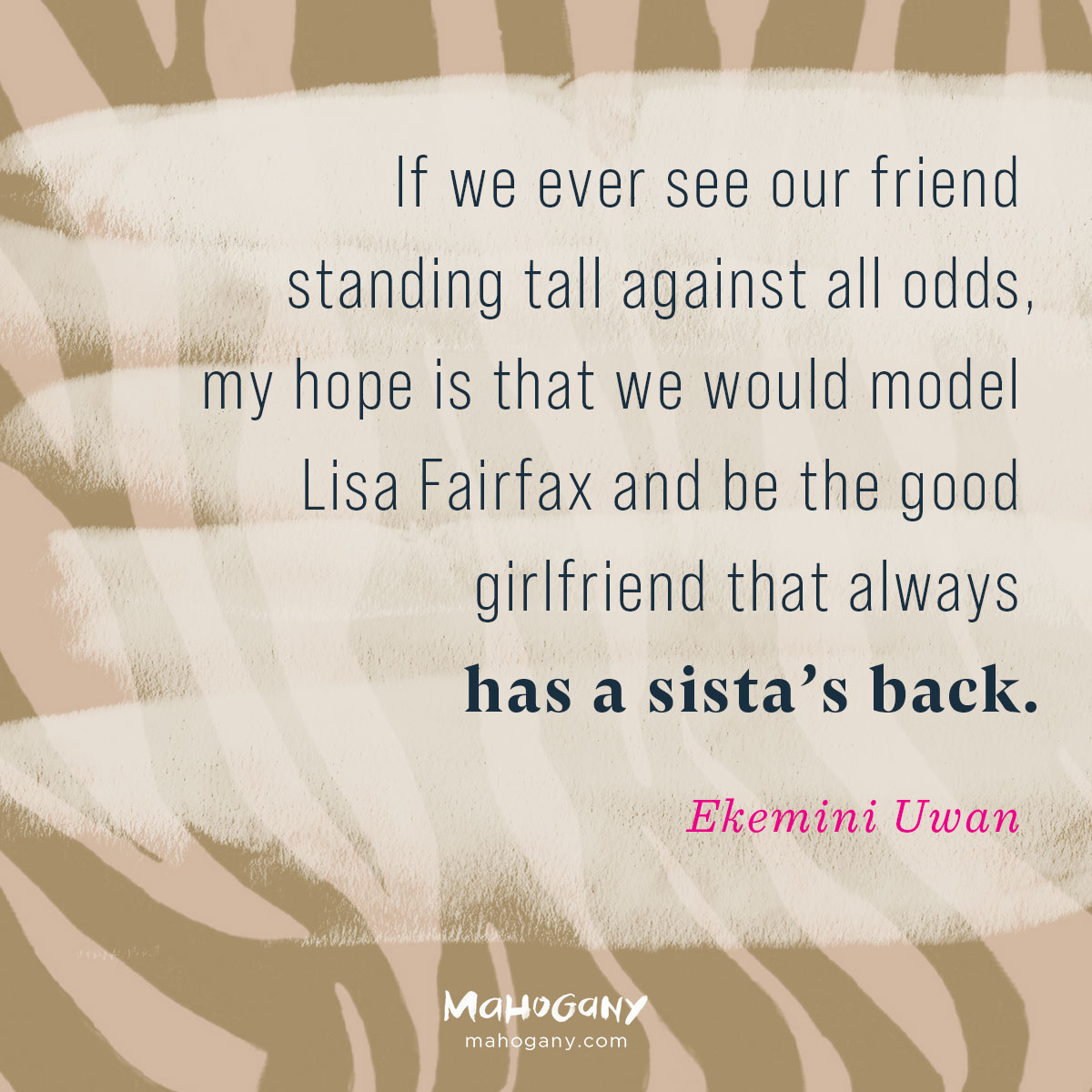Ketanji Onyika Brown Jackson is a Supreme Court judge, y’all! Yes, I’m still basking in this Black history, and yes, I wrote out her full government name. Because it matters greatly that a Black woman with a Blackity-Black name is now a Supreme Court judge. She is the first Black woman to be nominated to the Supreme Court in its 232-year history, but you already know this. Our Supreme Court judge is a sista, and this historic event is marvelous in our eyes.
There is a conversation to be had about the pressure and racial trauma our people endure to become “the first” and why, even after so much time, we are still experiencing “firsts.” Without a doubt, the confirmation hearings were hard to watch. We bore witness as [now] Justice Jackson was subjected to racist attacks, character assassinations, and questions about her qualifications to be a Supreme Court judge. Despite being the most qualified Supreme Court candidate. None of that mess is lost on me, which is why I named it.
I saw that. We saw that. They tried it and failed.
In the midst of that racial trauma storm, a glimmer of sunshine would break through every once in a while—and it was a glorious sight to behold. As Senator Cory Booker said when he affirmed and defended Justice Jackson during her confirmation hearing, “Nobody’s going to steal the joy of that woman in the street, or the calls that I’m getting, or the texts. Nobody’s going to steal that joy. You have earned this spot. You are worthy. You are a great American.”
I second Sen. Booker’s beautiful affirmation of Judge Jackson, and I was not willing to let anything steal my joy. I stayed in my joy with a deep resolve to rejoice over this historic triumph. In fact, I was so full of joyful determination that the weekend following her confirmation me and my good girlfriend went to take pictures in front of Justice Ketanji Brown Jackson’s unfinished mural in the Shaw section of Washington D.C.
As glorious as Sen. Booker’s soliloquy was, there was another moment during the hearings that didn’t get as much shine as it should have. But that moment was Black sisterhood personified. I’m talking about a moment with Justice Ketanji Brown Jackson’s dear friend, Lisa Fairfax. Fairfax embodies Black Girl Magic in her own right as a law professor at the University of Pennsylvania; the two became dear friends during their time at Harvard. As she spoke about her colleague and friend, the love that emanated from Fairfax’s words, tone, and cadence resonated with me and so many other sistas who know the power of Black sisterhood.
She said of Justice Jackson, “A woman of deep faith in God and unyielding love for family. Ketanji defines friendship. She’s the friend you’re immediately drawn to for their outgoing and friendly nature… Even though we are the same age, she is the role model who makes you believe in what she said.” Fairfax spoke and tears welled up in my eyes as the rolodex of dear sistas went spinning through my mind—the ones who have upheld me during my darkest times and rejoiced with me on the mountaintop. What a bountiful blessing Black sisterhood is, and I’m grateful to partake because I know that this is not the story for every sista.
My hope for those in the latter category is that you too would experience the glory of Black sisterhood. I pray that bearing witness to the sisterly affection displayed between Justice Ketanji Brown Jackson and Lisa Fairfax serves as a whisper of a prayer to God, who grants good gifts like friendship to His children. And if we ever see our friend standing tall against all odds, my hope is that we would model Lisa Fairfax and be the good girlfriend that always has our sista’s back. After all, we are our sister’s keeper.
What does Black sisterhood mean to you?
Leave a Comment



Reader Interactions
No Comments
We'd love to hear your thoughts. Be the first to leave a comment.